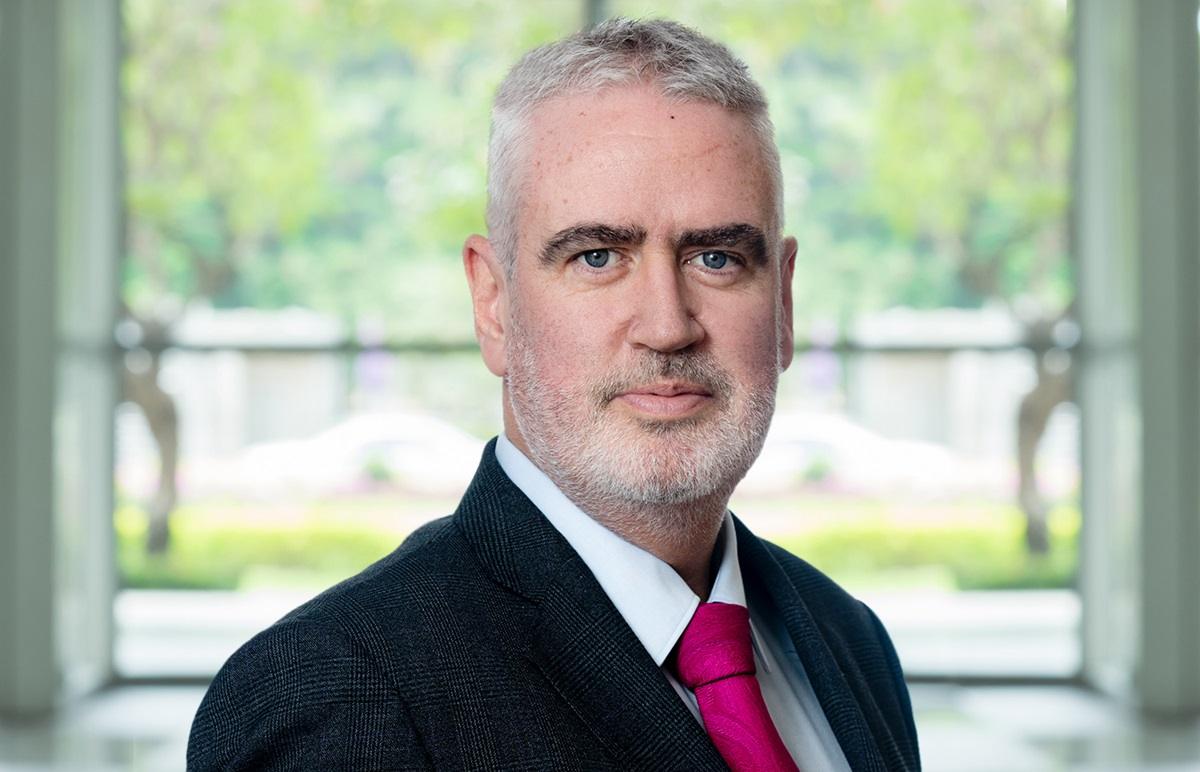Companies Rapidly Setting Operational Net Zero Targets, While Value Chain Emissions Goals Stall: Accenture
The world’s largest companies are increasingly setting goals to achieve net zero emissions in their own operations, and are ramping their use of a wide range of levers to hit their climate goals, while additions to emissions reduction goals encompassing the business’ wider value chains has stalled over the past year, according to a new study released by global professional services firm Accenture.
Although companies are increasingly adopting emissions reduction measures, the report found that less than one in five are on track to hit net zero emissions in their operations by 2050.
For the study, Destination Net Zero, Accenture examined the 2,000 largest public and private companies by revenue globally, analyzing their net zero commitments, carbon reduction activities and emissions data using public company documents, S&P Global Trucost emissions data, as well as information gathered from Accenture corporate executive surveys.
The report found that most companies are making progress on decarbonization, revealing a 6% annual decrease in average emissions intensity, or emissions per unit of revenue, since the 2016 Paris Agreement. Despite the progress however, the study indicated that companies are falling farther behind achieving the Paris Agreement goals, with only 16% currently on track to hit net zero in their operations by 2050, down from 18% last year.
Companies are becoming more active in setting climate goals, according to the study, which found a sharp increase in the number of companies with targets to achieve net zero emissions in their operations to 65%, up from 54% in 2023, and from 39% in 2021, and only 18% of companies have not set any emissions goals, compared to 23% in 2023, and 42% in 2021.
The increase in corporate decarbonization ambitions has not extended across the value chain, however, with the proportion of companies with full Scope 1, 2 and 3 net zero targets stalling at 37%, up only 0.3% over the prior year, after growing from 27% in 2021.
In the report, Accenture said:
“The gap between companies setting full net zero targets and those focusing only on operational emissions highlights the challenges in addressing Scope 3 emissions, especially for heavy industries that are hard to decarbonize. Speeding up progress in these high-emitting sectors is crucial, as broad decarbonization—and the global transition to net zero—depends disproportionately on the outcomes they achieve.”
As companies set goals to address their operational greenhouse gas emissions, the study found that they are increasingly embracing a broad range of decarbonization tools. Among the top decarbonization “levers” identified by Accenture, the report indicated that more than 80% of companies are currently adopting key methods including energy efficiency, at 89%, waste reduction (87%), renewables adoption (85%), circular principles (85%) and buildings (81%). Each of these marks a significant increase over the prior year, which saw, for example, 82% of companies adopting energy efficiency, and 68% utilizing circular principles.
Several of the methods saw a sharp increase in adoption, with 54% of companies now using employee incentives as a decarbonization lever, more than doubling from 23% in the prior year, and 65% of companies targeting material sourcing, up from only 45% in 2023.
The company also highlighted the impact of the growing use of AI, both as a source of emissions, and as a tool to help companies reach their climate goals. In the absence of any major energy or technology innovations, Accenture’s modelling indicated that AI data center emissions are set to rise by more than 10 times to 718 million tonnes annually in 2030, from 68 million in 2024. Despite AI’s rapidly growing emissions footprint, however, executives surveyed by Accenture appear confident that the new technology will ultimately have a positive climate impact, with 42% saying that they expect AI to reduce emissions more than it increases them in the short-term (1-3 years), and 65% expecting a net reduction in emissions from AI in the long-term (10+ years). Notably, however, the report found that only 14% of companies are currently using AI for decarbonization, including 22% of those using it for other purposes.
Stephanie Jamison, Global Resources Industry Practice Lead and Global Sustainability Services Lead at Accenture, said:
“A majority of the world’s largest companies are now cutting their emissions even as the size of their operations and revenues grow. While this is a significant milestone, to get to net zero by 2050 all of us need to move faster, together, to reinvent sustainable value chains using deep collaboration and transformative technologies. AI can help but can only go so far when only 22% of AI-employing companies are currently using it for decarbonization, the most realistic scenario is probably one in which AI initially emits more than it abates, until a critical crossover point. Responsible and sustainable scaling of AI means ensuring that crossover point is reached as early as possible.”
Click here to access the report.





